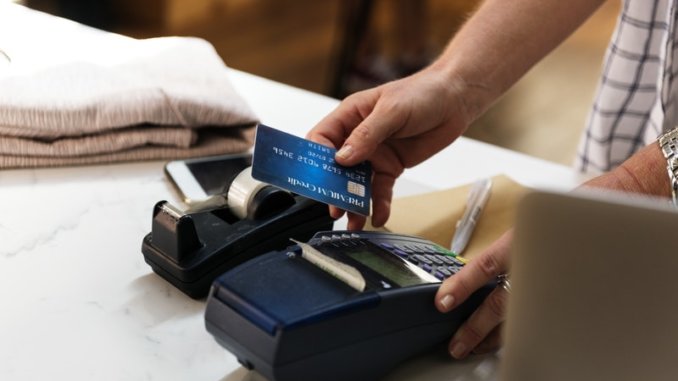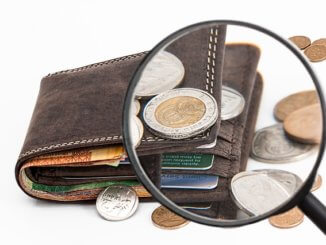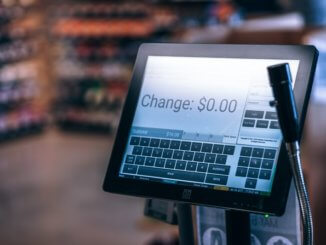
Are you wondering how an unsecured credit card works? An unsecured credit card is a special card which doesn’t require you to have a security deposit to be approved or to raise your credit limit. When most people talk about a credit card, they generally are referring to an unsecured credit card.
Differences Between Secured and Unsecured Credit Cards
Unsecured credit cards have become very popular, so you can easily find one from various finance companies. In fact, most of the credit cards offered on the market today are unsecured. Ordinarily, there are two types of credit cards; secured credit cards and unsecured credit cards. There are no major differences between these two cards, except that for unsecured credit cards, the cardholder is not required to provide a security deposit. If the cardholder doesn’t pay on time, the issuer of the card may commence collection actions. This may include, but is not limited to, reporting the borrower (credit card holder) to a credit bureau. In some cases, the credit card issuer may request the court to garnish the wages of the cardholder.
On the other hand, secured credit cards require the cardholder to provide a deposit to the card issuer to serve as collateral. The security that comes in the form of a deposit is expected to match the amount of the card’s credit limit. Traditionally, a potential cardholder is required to make a deposit to help cushion the issuing bank or firm against non-repayment risks. In addition, the cardholder might be required to pay a specified annual fee.
Why Are Unsecured Credit Cards Preferred?
Despite the potential legal hazard associated with having an unsecured credit card, most people would choose an unsecured credit card over a secured one because that means they don’t have to pay money in the beginning—money that could be in the bank earning interest. Additionally, unsecured credit cards typically have lower interest rates and offer rewards programs; features that are rare with a secured credit card.
How Can You Qualify for an Unsecured Credit Card?
Are you struggling with bad credit? Is this situation disallowing you to get a credit card? You are not alone—people who’ve declared bankruptcy or whose credit record is not good will have a hard time qualifying for an unsecured credit card. For this reason, you will find the secured credit card to be the best alternative since lenders consider this type of credit card less risky compared to unsecured credit cards.
After several months of using a secured credit card in a responsible way, you may be able to improve your credit standing, which will hopefully allow you to convert to an unsecured credit card.
How to Save Money When Using Unsecured Credit Cards
Credit cards can save you a money in many ways if you use them carefully. For example, if you use the card to make a purchase and the price of the product drops within a specific period the cardholder may be reimbursed some amount of money. As a user of the card, you stand to enjoy the price adjustment offered by many retailers. However, you need to know that the time frames for such protection provisions are usually short and may not exceed one month. For people who wish to make their ends meet as an emergency, a credit card is a great option compared to personal loans that may carry a higher interest rate.
So, if you are that type of person who is always keen on following price changes in the market, you can work with your card issuer to track your purchases to get refunds. By doing so, you are likely to save money, especially if you make voluminous purchases that could have a significant impact on your spending. Whether you are looking for an easy way to make your next purchase or pay monthly bills, a credit card could be what you are looking for.




Be the first to comment